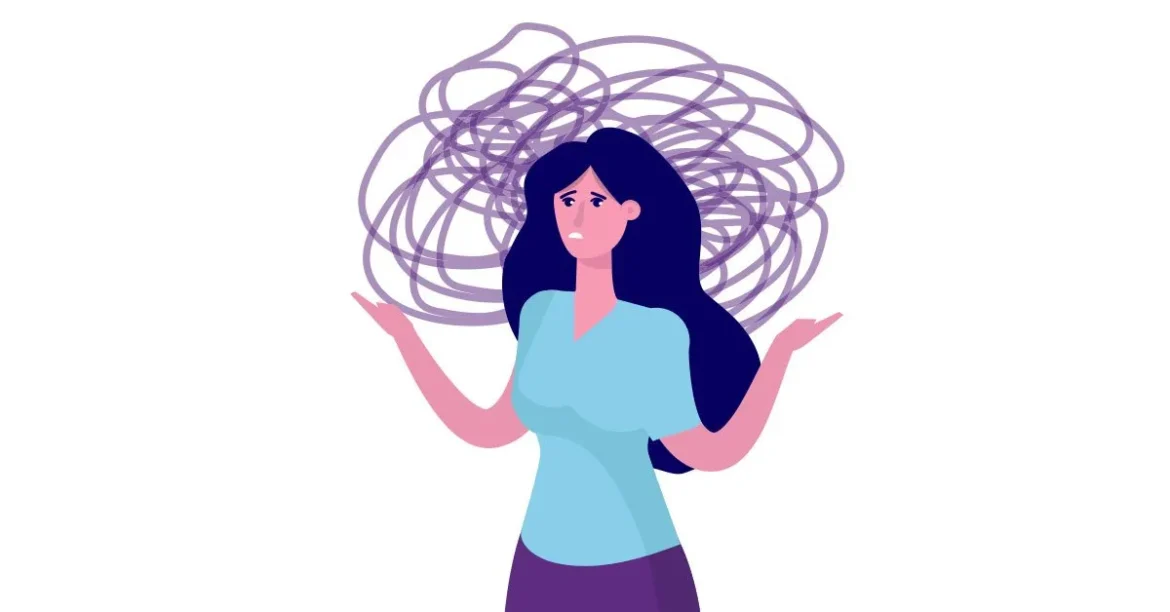Stress and anxiety are natural responses to challenging or demanding situations. While occasional stress can motivate action and improve performance, persistent or excessive stress and anxiety can negatively impact physical and mental health. Understanding the triggers that contribute to these feelings and implementing effective management strategies is essential for maintaining emotional balance and overall well-being.
For adults seeking reliable guidance, resources like stress and anxiety provide valuable insights into identifying triggers and adopting strategies to reduce symptoms. Recognizing the underlying causes of stress and anxiety is the first step toward building resilience and improving quality of life.
Understanding Stress and Anxiety
Stress is the body’s response to external pressures, whether from work, relationships, or personal responsibilities. Anxiety, while closely related, often involves excessive worry about future events or perceived threats. Both can manifest physically, emotionally, and cognitively, leading to symptoms such as increased heart rate, muscle tension, irritability, difficulty concentrating, and disrupted sleep.
Chronic stress and anxiety can contribute to long-term health issues, including cardiovascular problems, weakened immunity, digestive disturbances, and mental health disorders. Therefore, early identification of triggers and proactive management are crucial.
Common Triggers of Stress and Anxiety
Understanding what triggers stress and anxiety is essential for developing effective coping strategies. Common triggers include:
Work-Related Pressure
High workloads, tight deadlines, and workplace conflicts can lead to prolonged stress. Difficulty balancing professional and personal responsibilities can exacerbate anxiety and contribute to burnout.
Financial Concerns
Financial instability, debt, and unexpected expenses are major sources of anxiety for many adults. Worrying about future financial security can amplify stress and affect decision-making abilities.
Relationship Challenges
Conflicts with family, friends, or partners can trigger emotional stress. Lack of communication, unresolved conflicts, or loss of social support can intensify feelings of anxiety.
Health Issues
Chronic illness, pain, or concerns about personal health can be significant stressors. Fear of illness or uncertainty about treatment outcomes may trigger persistent anxiety.
Environmental Factors
Loud or crowded environments, excessive digital exposure, and constant noise can contribute to sensory overload, increasing stress levels over time.
Techniques for Managing Stress and Anxiety
Effective management of stress and anxiety involves a combination of cognitive, physical, and lifestyle strategies. Implementing these techniques can help reduce symptoms and improve emotional resilience.
Cognitive Strategies
- Mindfulness Meditation: Focusing on the present moment without judgment helps reduce rumination and improves mental clarity.
- Cognitive Behavioral Techniques: Identifying negative thought patterns and replacing them with rational alternatives can reduce anxiety intensity.
- Journaling: Writing down thoughts and emotions allows for reflection, helps identify patterns, and promotes proactive problem-solving.
Physical Strategies
- Exercise: Regular physical activity reduces cortisol levels, increases endorphin production, and improves mood.
- Breathing Exercises: Techniques such as deep diaphragmatic breathing and box breathing help regulate the nervous system and induce calm.
- Progressive Muscle Relaxation: Systematically tensing and relaxing muscles releases physical tension and promotes relaxation.
Nutritional and Supplement Support
Adequate nutrition is essential for stress and anxiety management. Vitamins, minerals, and natural supplements can support brain function and emotional stability. Products designed to support stress and anxiety provide essential nutrients such as magnesium, B vitamins, L-theanine, and adaptogenic herbs, which help regulate neurotransmitters and enhance the body’s response to stress.
Lifestyle Adjustments
- Sleep Hygiene: Establishing consistent sleep patterns supports cognitive function and emotional regulation.
- Time Management: Planning and prioritizing tasks reduce feelings of overwhelm.
- Social Support: Maintaining healthy relationships and seeking support from friends, family, or groups enhances emotional resilience.
- Limiting Stimulants: Reducing caffeine, sugar, and alcohol intake can prevent exacerbation of stress and anxiety symptoms.
Monitoring and Adapting Strategies
Effective management requires ongoing assessment of what strategies work best for each individual. Keeping track of triggers, responses, and progress can help refine coping methods over time. If stress and anxiety remain unmanageable despite these strategies, consulting a healthcare professional for additional support is advisable.
Conclusion
Identifying triggers and implementing effective strategies are fundamental to managing stress and anxiety. By understanding the sources of stress, applying cognitive and physical techniques, supporting the body with proper nutrition, and making healthy lifestyle adjustments, adults can improve emotional resilience and overall well-being. Resources like stress and anxiety provide additional guidance for incorporating these practices safely and effectively into daily life, helping individuals achieve long-term mental and emotional balance.




